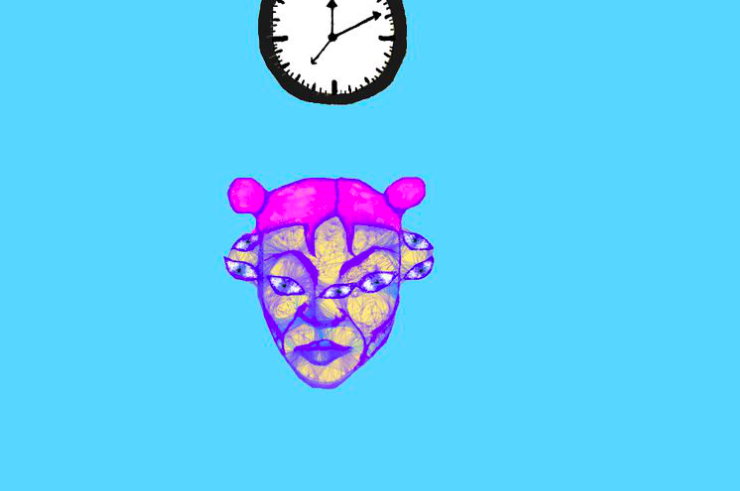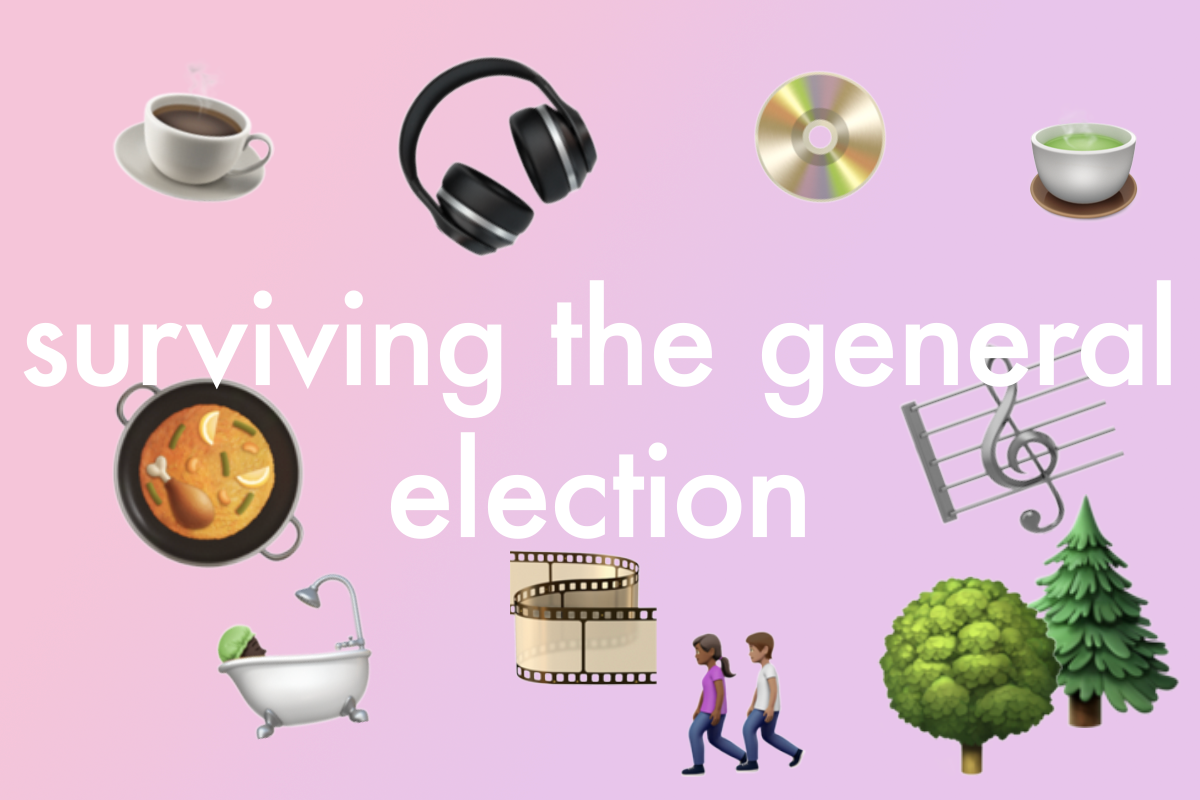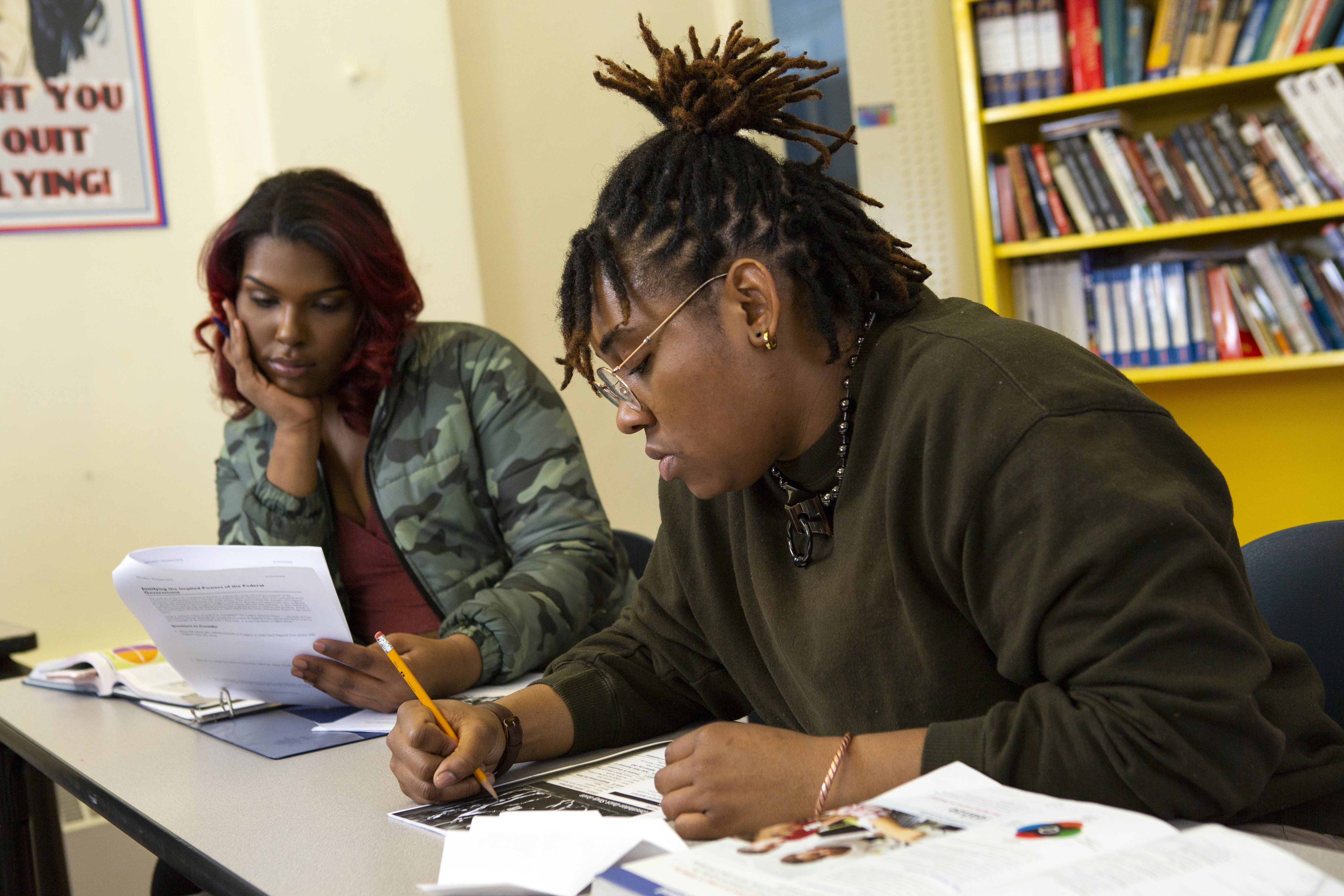
Image by Maia Magoga
Many times in my life, I have missed out on opportunities and chances that would have benefited me and my self-development. Through thorough self-reflection, I have realised that oftentimes, the person holding me back from doing and achieving all that I hope for is me.
Fortunately, I have always been surrounded by people who saw the best in me. Family and friends would feed me words of encouragement, insisting I was destined for greatness. Despite this, I remember growing up feeling pressured by these words, and by the idea that I must always be working in order to accomplish something extraordinary. Instead of believing the words of encouragement, I internalised the notion that people expected more from me than what I was able to give. I believed that people had an expectation of me that was too high and I often repeated that to myself as if it was a mantra to live by.
I allowed myself to be consumed by fear; scared of trying new things, stepping out of my comfort zone and realising the greatness others saw in me. I was fearful of trying and failing because it felt like so many people were counting on me, and I did not want to deal with the humiliation I believed came with failure. I deemed it better to not even try, rather than to try and fail.
Moreover, I didn’t understand the concept of being a multifaceted human. I had always been fed the idea that success came in the focus and work towards one goal, that all my energy must go into a single aspect, in order to see and gain some sort of victory in life.
In turn, this made me limit my capacity and restrict myself in what I believed I was capable of.
I had conjured up an imaginary box and felt confined by walls I had created for myself.
I read somewhere that when we are born, we are clean slates and it is what we see, learn and digest growing up that dictates and makes us believe that “we cannot” or will “never” be able to do certain things. I had conjured up an imaginary box and felt confined by walls I had created for myself.
I then hit a point where I realised I needed to do something about this. What is learned can be unlearned, so I took it upon myself to develop a way to combat this learned behaviour. These are some of the steps I took and advise you do too, to combat self-limiting beliefs and self-doubt.
Start by journaling your stream of consciousness
The first step is to get a fresh, clean journal and use this to talk to yourself.
The difference, I realised, in communicating with yourself and communicating with another physical being, is at times there are points when we speak to ourselves without registering we are doing so. Our minds wander; we delve deep into our thoughts and parts of our judgement that sometimes seem too intense to proclaim aloud. Yet we are not wholly aware of what we are thinking and the impact this can have on our being, our actions and our life.
When you begin to journal, let your thoughts flow freely and let the pen take control. There does not need to be a consistent theme, just an expression of your feelings. Write as the thoughts come to you. This is not an essay or poetry, there is no pressure for your words to make sense, no limitation on how you express yourself, your sentence structure or anything. This is a way to physically see what is happening inside your head, in regards to your feelings towards yourself, you and your wellbeing – so allow it all to flow out. The official term for this is stream of consciousness writing.
At first, it is not easy – I often found that I would stop myself from expressing certain thoughts out of fear of seeing them in reality. But the more I journaled this way, the more fearless I became in seeing what I truly thought of myself.
the more I journaled this way, the more fearless I became in seeing what I truly thought of myself.
For the first month of stream of consciousness journaling, do not read back on a single entry. Instead, focus on attempting to be more free in your expression. Once a month has passed, read over your entries to give some clarity to your thought patterns.
Stream of consciousness writing not only aids you in understanding how you have developed habits that stop you from being your best self. It also makes you aware at a higher level of your thought patterns. When you hear your little voice taking a negative turn or one where the words are filled with constraint, detriment and pessimism, you are in a better position to control them and not let them consume you. This leads me to my second piece of advice. Affirmations.
Affirmations
Now you are in a position where you have identified your thought patterns through stream of consciousness journaling. Your journal entries have made you more aware of the little voice in your head, so each time you feel it going down a negative spiral, you are in more control to stop that voice. This is where you allow affirmations to take control, and replace these pessimistic thought patterns.
Affirmations are phrases you repeat to yourself, a little like mantras, that inspire, energise and motivate you. Here are a few I like to repeat in my head at random moments, like when I am brushing my teeth, doing the dishes, or trying to get out of bed.
- I feel safe in the flow and rhythm in the ever changing flow of life.
- I breathe in calmness and breathe out nervousness.
- I may not understand the good in this situation right now but it is there.
- My thoughts are my reality so I think up a joyful day.
- I have no right to compare myself to anyone, I do not know their story.
Affirmations are not only words you say to yourself in the mirror when you’re consciously feeling down. There is power in being able to stop your self-conscious mind and fill yourself, in those moments where you are not usually aware of your thought pattern, with positive affirmations.
Even when talking about yourself with others, you might not be aware you are subconsciously communicating with yourself. You’ll find that, because of journaling, you are in more control of how you speak about yourself.
Gratitude
I often find practising gratitude leaves me feeling as if I can do and conquer anything. When you spend time in your day finding specific things to be grateful about, you realise how far you have come in life and how much further you’re able to move with the abundance of resources you have in your lap. Find new and specific things to claim gratitude towards and write them down. Not only is it fun but you spend so much time thinking about what you have, you lack time to think about what you do not. In turn, a domino effect of positive things might occur as you do not wallow in pity, but push yourself to do and become more!









